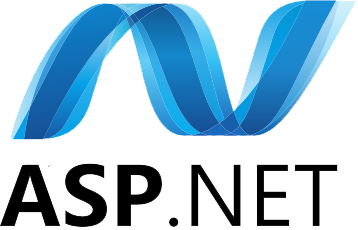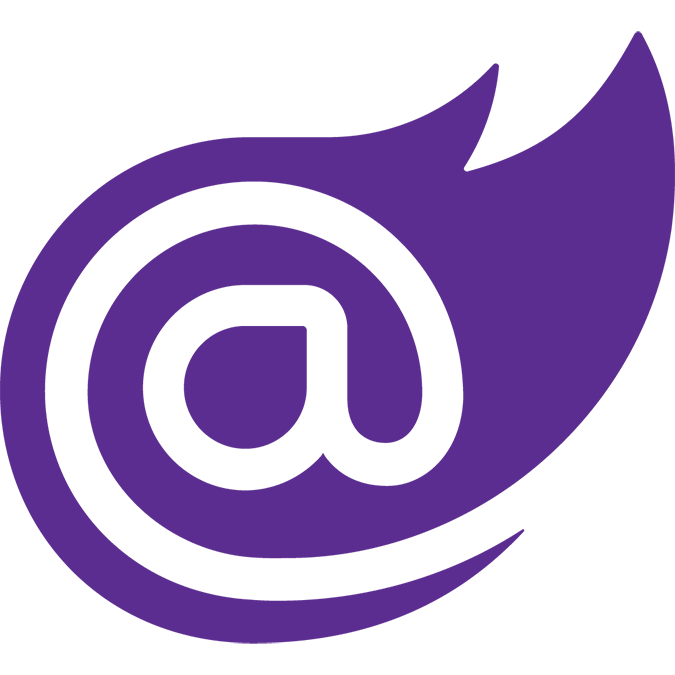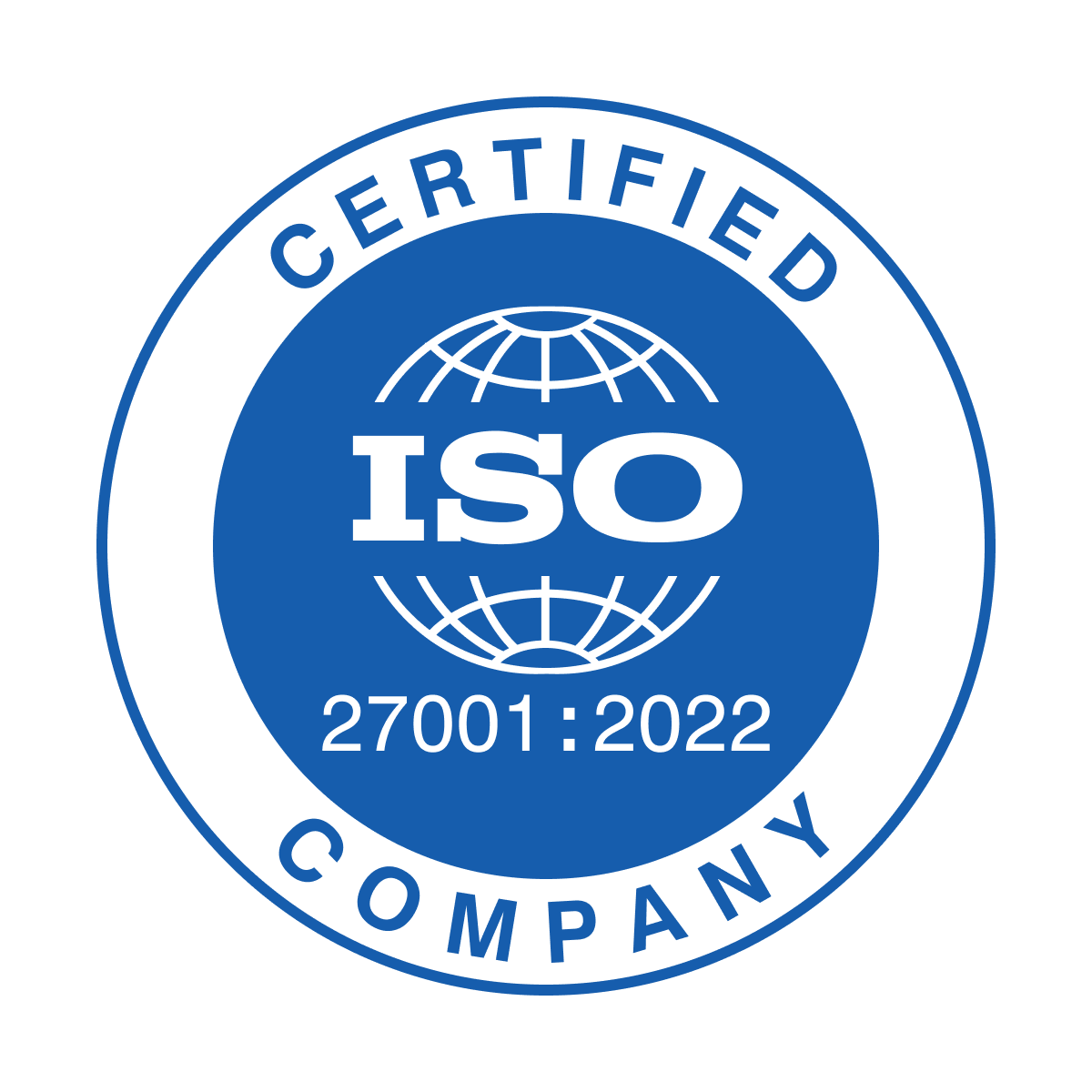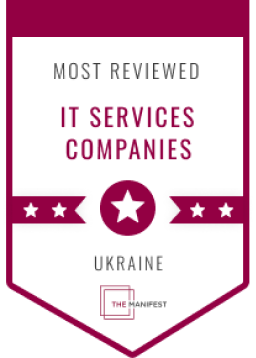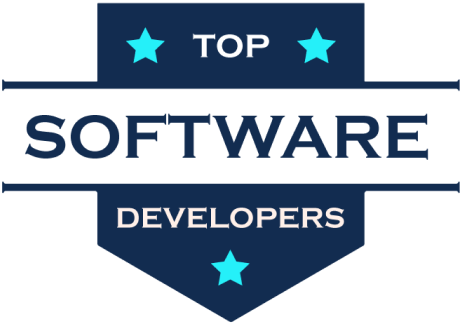Let’s future-proof your applications!
In today’s digital age, technology is evolving at an unprecedented pace. This means that once cutting-edge applications can quickly become outdated and inefficient. This is why it’s essential to modernize your applications now to ensure that they remain relevant, secure, and optimized for performance. Read more
The benefits of app modernization are extensive. First, modernized applications provide enhanced security features that are critical in today’s threat landscape. Modernization also enables businesses to leverage the latest technologies, like artificial intelligence and cloud computing, to improve application capabilities and enhance user experiences. Modernized applications can be optimized for performance, resulting in reduced downtime and improved user satisfaction. Furthermore, modernization can lower maintenance costs and enhance scalability, enabling businesses to respond promptly to changes in demand.
Reenbit can assist you in modernizing your applications and ensuring they can adapt to evolving technology trends, remain relevant, and stay up-to-date for years to come. See less
Why is application modernization important for your business?
Application modernization is the process of updating or replacing outdated software applications with modern and efficient ones, making it a crucial aspect of business strategy that offers multiple benefits to organizations.
Modernizing applications can streamline business processes, automate tasks, and reduce manual effort, leading to increased efficiency and productivity. Modern applications are more responsive, user-friendly, and can provide a better overall customer experience, increasing customer satisfaction and loyalty. Additionally, modernized applications can enhance security and protect sensitive data, particularly given the rise of cyberattacks and data breaches.
Legacy applications require more maintenance and support, which can be costly over time. By modernizing these applications, businesses can reduce maintenance costs and improve cost-effectiveness.
Modernizing applications enables businesses to stay competitive by responding more quickly to changing market conditions, customer needs, and emerging technologies.
App infrastructure
App integrations
App architectures and tech stack
App UI/UX
Modernize Your
Applications Now
At Reenbit, we understand the importance of app modernization. Our team of experts helps our customers modernize applications to improve functionality, security, and performance. We work closely with businesses to understand their unique requirements and tailor our services to meet specific needs.
Whether you need to modernize a single application or an entire portfolio, we have the expertise and resources to deliver a successful modernization project. Contact us to learn more about our app modernization services and start future-proofing your applications now.
What are the business benefits of application modernization?
Application modernization offers numerous benefits for businesses, including:
- Improved efficiency
Modernized applications can be optimized for performance and streamlined to improve efficiency, reducing the time and resources required for development, maintenance, and upgrades.
- Enhanced functionality
Modernized applications can be optimized for performance and streamlined to improve efficiency, reducing the time and resources required for development, maintenance, and upgrades.
- Increased scalability
Modernized applications can be designed to scale up or down, enabling businesses to respond quickly to changes in demand and user needs.
- Reduced costs
Modernizing applications can help reduce maintenance costs, as well as hardware and infrastructure expenses, by leveraging cloud computing and other modern architectures.
- Improved security
Modernized applications can be designed with robust security features to guard against cyber threats and data breaches, ensuring that sensitive data remains secure.
- Better data insights
Modernized applications can be designed to collect and analyze information in real-time, providing businesses with valuable insights into user behavior, preferences, and trends.
- Future-proofing
By modernizing applications, businesses can ensure that they remain relevant and adaptable to changing technology trends and user needs, future-proofing their applications for years to come.
Overall, application modernization can help businesses improve efficiency, enhance functionality, increase scalability, reduce costs, improve security, gain valuable insights, and future-proof their applications.
What types of applications can you upgrade?
Various types of applications can be modernized, including:
- Legacy applications
Legacy applications are older applications that were developed using outdated technologies and architectures. These applications can be modernized to improve performance, security, and functionality, as well as to ensure that they remain compatible with modern systems.
- On-premises applications
On-premises applications are installed and run on local servers or data centers. These applications can be modernized by migrating them to the cloud, which can help reduce costs and improve scalability.
- Mobile applications
Mobile applications can be modernized to incorporate the latest features and functionality, as well as to ensure that they remain compatible with the latest mobile operating systems.
The type of application modernization required will depend on the specific needs of the business or organization. This may involve updating the application code, migrating to a new platform, incorporating new technologies, enhancing user experience, improving security, or a combination of these actions. Working with a trusted technology partner is essential to determine your applications’ most effective modernization strategy.
What are the steps in the process of upgrading my apps?
The process of modernizing applications typically involves several steps. Here are the main steps involved in the application modernization process:
- Assessment
The first step in the modernization process is to assess the existing application and identify the areas that require improvement. This involves evaluating the application code, architecture, infrastructure, and performance to determine the scope of the modernization project.
- Planning
Once the assessment is complete, developing a modernization plan is next. This involves determining the modernization approach, defining the project scope and timeline, allocating resources, and establishing key performance indicators (KPIs) to measure the project’s success.
- Design
The design phase involves developing the architecture and design of the modernized application. This includes selecting the modern architecture and technologies that will be used, defining the data model, designing the user interface, and developing the integration strategy.
- Development
The development phase involves implementing the design by developing and testing the modernized application. This includes updating the application code, testing the application to ensure that it meets the requirements, and fixing any issues that arise.
- Deployment
Once the development is complete, the next step is to deploy the modernized application. This involves migrating the application to the new infrastructure or platform, testing the application in the production environment, and making any necessary adjustments.
- Maintenance
The final step in the modernization process is to maintain the modernized application. This involves monitoring the application’s performance, addressing any issues that arise, and making updates and improvements as necessary to ensure that the application remains current and relevant.
What are the paradigms in application modernization?
Application modernization involves updating legacy applications to align with modern technology trends and architectures. There are several paradigms in application modernization, including:
- Rehost
Rehosting involves migrating applications from on-premises infrastructure to the cloud or modern infrastructure. This approach focuses on maintaining the existing application code while updating the infrastructure to improve scalability and performance.
- Refactor
Refactoring involves restructuring the application code to optimize it for modern architectures and technologies. This approach involves updating the application code to utilize cloud-native features and architectures, such as microservices and serverless computing.
- Rebuild
Rebuilding involves rebuilding the application from scratch, using modern technologies and architectures. This approach provides an opportunity to incorporate the latest features and functionality, as well as to improve scalability and performance.
- Replace
Replacing involves replacing the legacy application with a new application that meets modern business needs. This approach involves a complete rethinking of the application’s functionality and architecture, allowing one to incorporate the latest technologies and features.
- Retain
Retaining involves maintaining the existing legacy application while adding new features and functionality. This approach involves updating the application code to take advantage of modern architectures and technologies while preserving the existing functionality.

